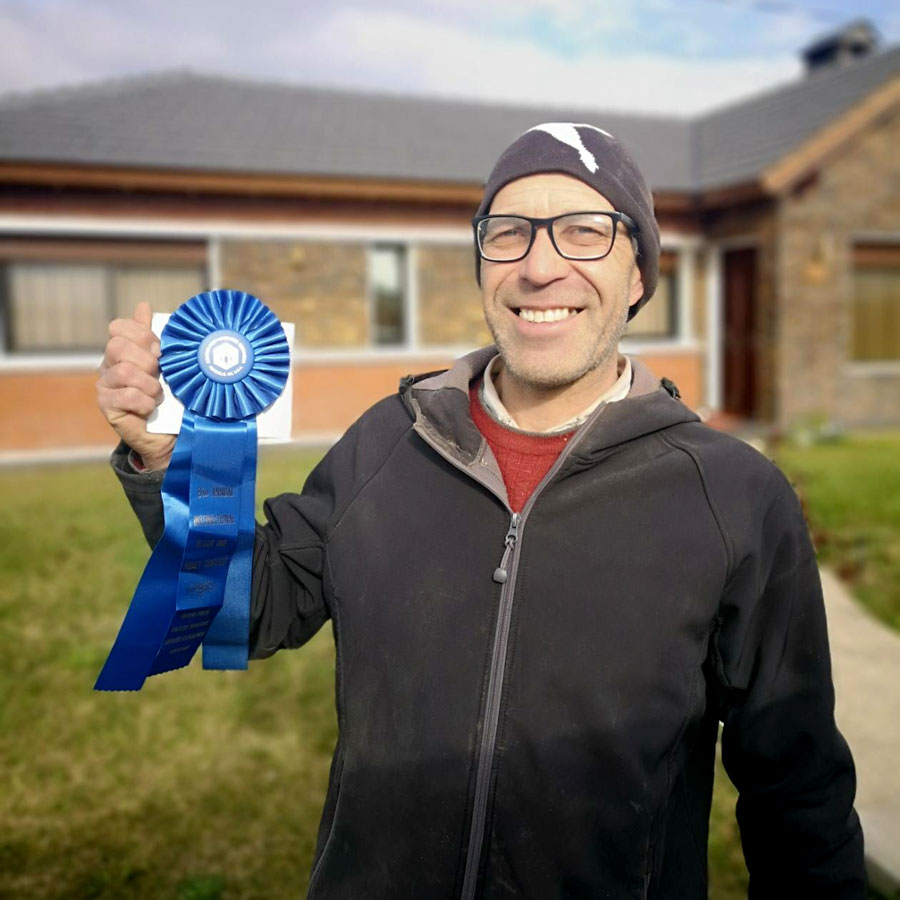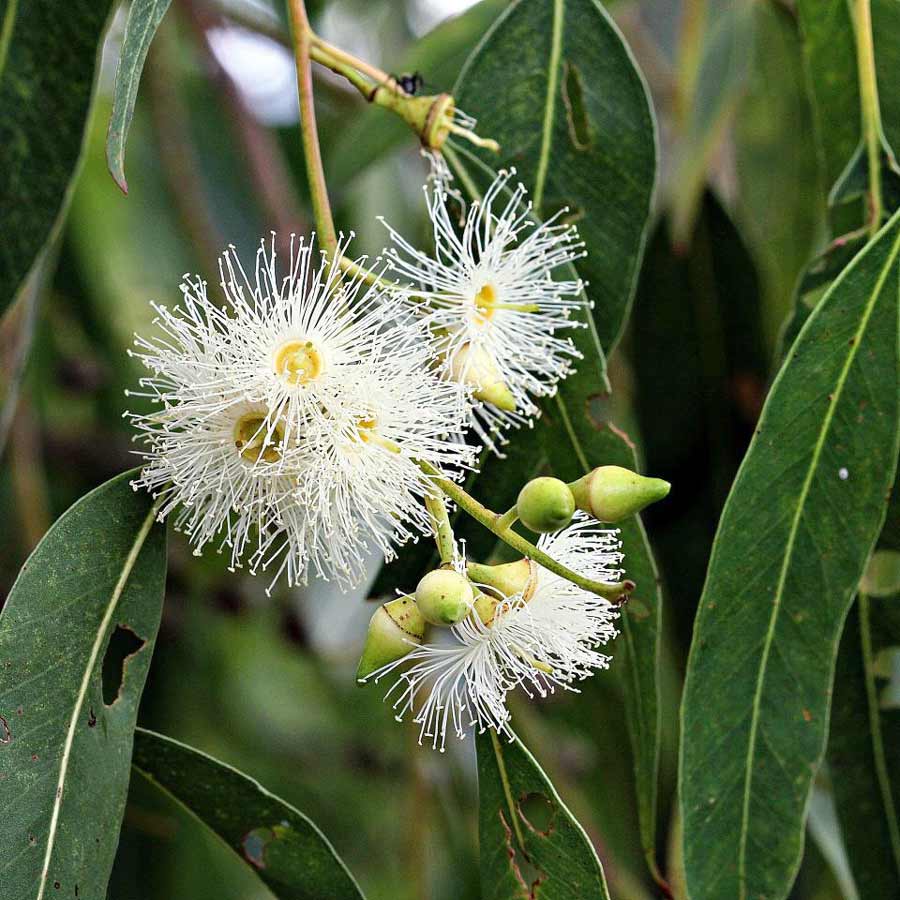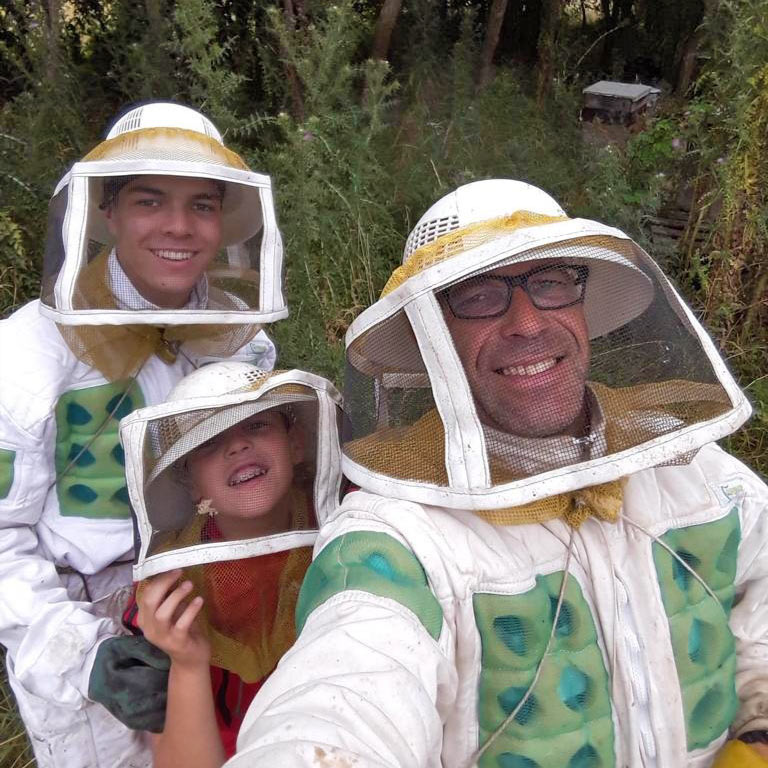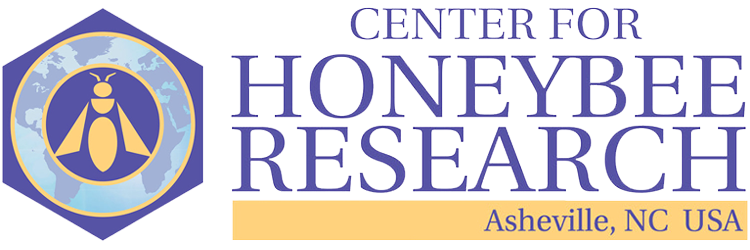
Honey Highlight: 2020 Grand Prize Winner


Arroyo Cunapiru, Uruguay
How long have you been a beekeeper?
I’ve been a beekeeper for 33 years, since 1987.
Why did you become a beekeeper?
Back in 1987 a group of neighbors in our rural zone of Libertad, San Jose, Uruguay was looking for a social project for their children to socialize and use their spare time. The project of beekeeping school for the children and adolescents of the town was born and was a perfect combination of hard work, school and nature for me.
In the winter of that year, the first beekeeping theory classes began. During the spring, the first hives were acquired for the field classes, the teacher was a long experienced and professional beekeeper who nourished me with wide knowledge and I was absolutely delighted quickly with the natural behavior of bees as well as the possibility of continuous contact with nature.
When this course was ended, the apiary was donated to the students by the cooperative. But some years after, life led us along different paths and little by little each one drifted away until we were diluted as a group. I was left in charge of that apiary and continued to gain experience with other beekeepers in the area. For a period of time, my studies took me a long way from beekeeping and for a time the apiary was just about abandoned. In the end, I was back with the bees and beekeeping became my passion.
As time went on I saw beekeeping as an opportunity to be an independent worker and from 1994 to date I developed it professionally. I worked out in great detail the location of the apiaries, distributing them in 3 distant zones within our country, exploiting different blooms, diversifying the natural risks and learning from the special characteristics of each zone. We have been very strict and self-critical, always seeking improvement in the production and safety of the product and the bees in order to achieve self-sustainability.
Really, what seemed like an alternative income became a way of life, which I cannot imagine any different without bees so I thank destiny and nature for giving me the opportunity of my partnership with bees.
To end this little story, I want to express that this award is much more than an award, it is one important recognition that we are on the right path, which is priceless and gives me more strength to continue improving, so thanks to all, thanks to my business partners Jeronimo and Fernando, without them we would not be sharing our Honey to the world like we are with you.
What is your favorite thing about beekeeping?
I love the connection I have with nature as a beekeeper. The partnership between bees and beekeepers, the need to adapt yourself to nature and the constant learning is very interesting for me.

What are the floral sources for your bees?
The honey that won the grand prize is from Eucalyptus This is a truly mono-floral honey, sourced from large extensions of Eucalyptus Grandis also known as “Gum”, planted 25 years ago. Annually around 150.000 hives migrate to these forests to take advantage of the strong nectar flow that occurs between February and May.
Eucalyptus Honey is dark amber and has an intense and persistent taste. It crystallizes fast in small size crystals, turning to a butter consistency honey, a pale yellow colour with some green tints. It has a medium strength flavor, and a mild sweetness.
Eucalyptus honey has natural antibacterial properties which can reduce bacterial numbers on the site of an infection, therefore improving wound-healing time. It also has anti-inflammatory properties which is beneficial to upper respiratory tract infections and sore throats.
Due to its pollen content with immune-modulating properties, it boosts immune system activity and promotes a faster recovery. Fresh raw Eucalyptus Honey is a good source of antioxidants; protecting cells from damage and oxidative stress. This leads to its anti aging properties. Also is a good source of vitamins and minerals and some studies suggest its anticancer potential, due to tricetin, a natural flavonoid compound and Myrtaceae pollen, appear to exert anticancer activity and prevent metastasis.
